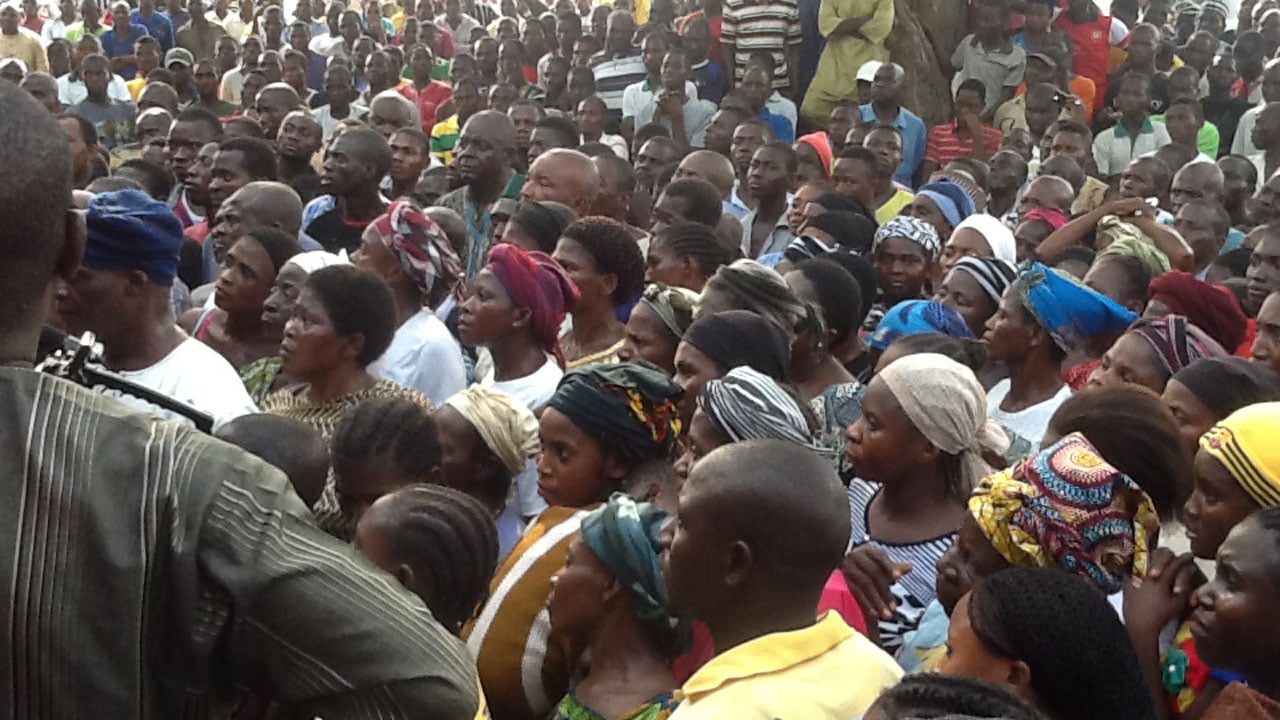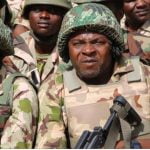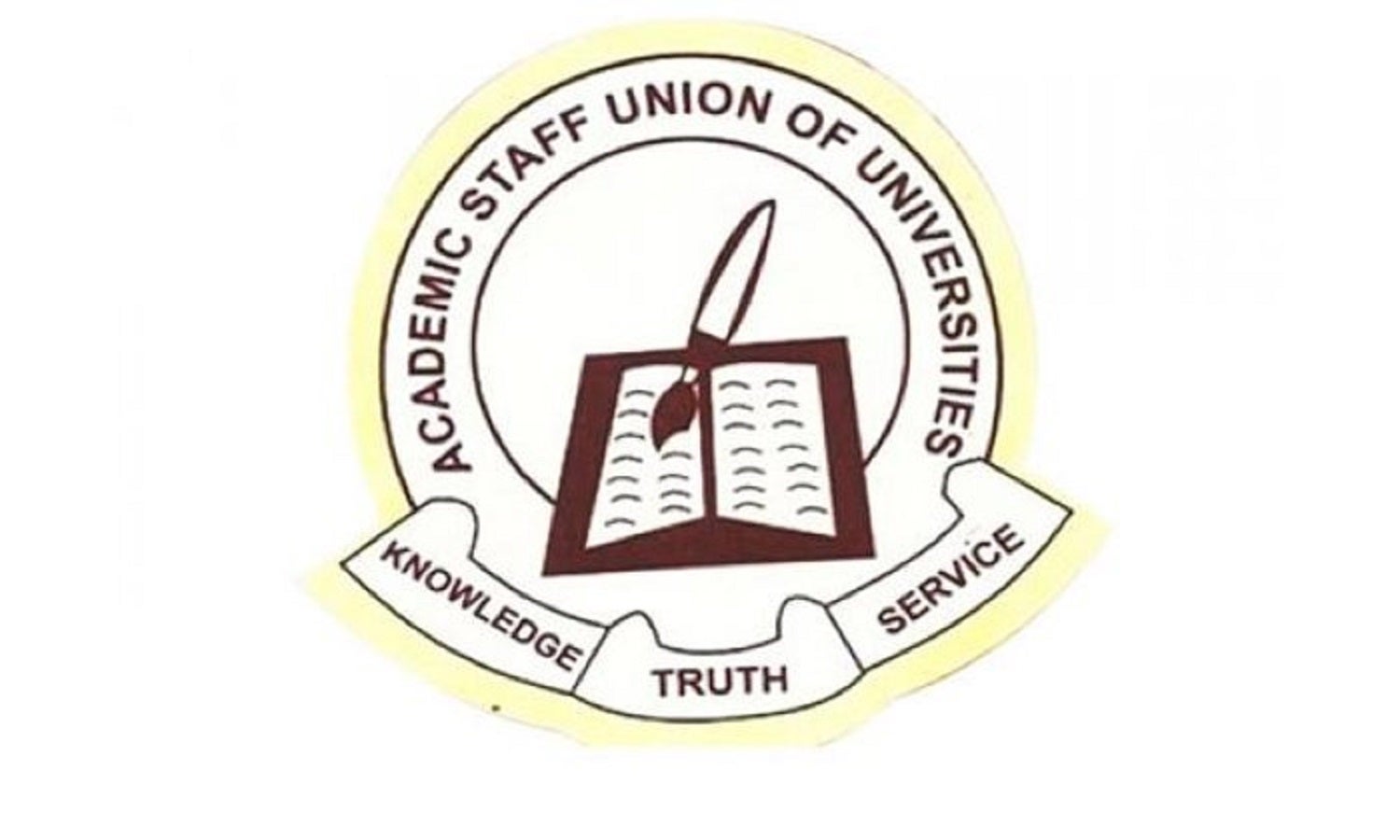Miss Grace James, 24, has been an inmate at the Internally Displaced Persons (IDPs) camp at Uhogua, Ovia East Local Government Area, Edo since 2014.
James said insurgency and the attack on her family in Borno in 2013 made her to escape to Benin.
James said life was normal for her family then, as her dad was a teacher, while the whole family engaged in farming activities.
In 2013 the whole story changed as her community was invaded by insurgents and her family attacked.
“My uncle was killed. Dad had left home before the attack, so he was lucky.
“On his return and seeing what had happened, he gathered other members of the family and escaped to Adamawa.
“I was in secondary school when this first attack on my family happened. When I returned on holidays, there was no place to return to. So I had to live on the mountain for two months.
“Then dad came back to look for me, it was during this time that the attackers struck again, and this time dad was captured and killed.
“This marked the beginning of my journey to different places to escape being killed, before I finally found myself here in Edo.
“Before my journey to this place, I first escaped to Adamawa, precisely Michika community, where in six months we were attacked three times.
“We ate grasses to survive, and at some point we tried to cross River Lasa to Cameroon, but in the process several persons died.
“But God kept me alive and brought me here.
“Growing up, I had hoped to be a medical doctor, but insurgency that took place in my community has changed my vision.
“So now, if given the opportunity of an education, I want to be a lawyer, so I can be a voice to the voiceless and bring justice to the oppressed.”
James story was similar to that of 22-year-old David Joseph, another indigene of Borno who has been at the same camp for seven years.
According to Joseph, his community, Goshe in Gwoza, was attacked 11 times before he and several other residents escaped to the forest, where they lived for some months before escaping to Sabongari.
He narrated that at Sabongari, they were attacked again, adding sadly that although he managed to escape, his parents were not that lucky as they were captured and killed.
He disclosed that several of his family members were killed and his education suffered set back because his dream of becoming a medical doctor was dashed.
He said this was because being an IDP he was not sure if he would be privileged to further his education.
He said that although the management of the camp was striving to ensure that the dreams of the IDPs were not dashed, noted that the challenges of catering for the IDPs were enormous.
Since 2009, the country’s North-East had been the epicentre of the violent campaigns of the Islamic extremist group, Boko Haram, its breakaway group, the Islamic State West Africa Province (ISWAP), and counter-insurgency forces.
The violent campaigns resulted to the displacement of the likes of James and Joseph, now at the Uhogua IDPs’ camp.
The IDPs at Uhogua camp that spoke in separate interviews want the government to treat them as victims of insurgency and stretch out helping hands towards them.
The inmates want government and other kind hearted Nigerians to help them achieve their life ambitions by sponsoring their education and providing scholarships to the IDPs in the camp.
They asked for upgrading and providing seats, reading and writing materials for the school in the camp.
They also want hostels, toilets and food stuff provided for the IDPs.
There are currently 3,011 IDPs in the Uhogua camp, with 157 of them in different tertiary institutions across the country.
The education of the inmates is being funded by the management of the camp amidst several challenges being faced in the camp.
According to Pastor Solomon Folorunsho, Coordinator of the camp, the challenges include feeding to sponsorship and funding of the education of the IDPs here, but what can we do?
“Education is the best legacy to bequeath to any person. It is in view of this, that we can’t allow their dreams to die.
“So we have to keep encouraging and supporting their educational pursuits.’’
He, however, disclosed that of the figure currently in tertiary institutions, the camp has been able to pay complete tuition fees for only 15.
“We are hoping and believing that government or kind hearted Nigerians will come to our aid.”
Folorunsho disclosed that amidst the lack of support from government, the management of the camp was able to enroll 156 inmates for the Joint Admissions and Matriculation Board’s examination this year.
He added that the most critical needs in the camp included food stuff, education needs- scholarship/sponsorship, laptops/smart phones to enhance research and learning.
Others needs he said are enrollment for external examinations such as WAEC, NECO and NABTEB for the IDPs in senior secondary classes, accommodation, health facility, boreholes, overhead tanks, toilets, electricity, among others.
“We also need classroom blocks, staff room, chairs, standard science laboratories, note/textbooks, library, school uniforms, school sandals, school bags and writing materials.
“We also need help for the payment of our teachers’ and other staff member, as we have been unable to pay salaries since COVID-19 outbreak till date.” (NANFeatures)
** If used, please credit the writer as well as the News Agency of Nigeria (NAN)





